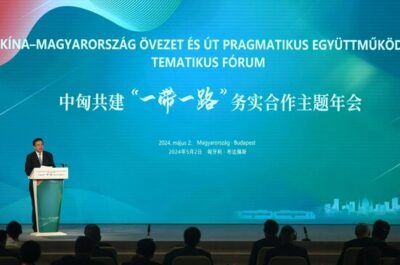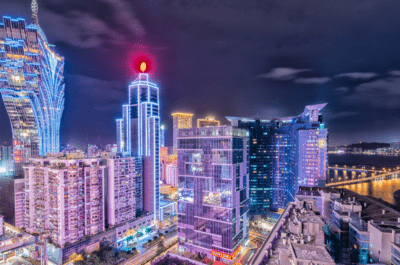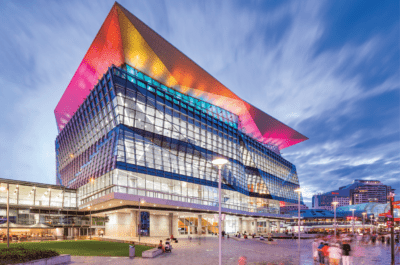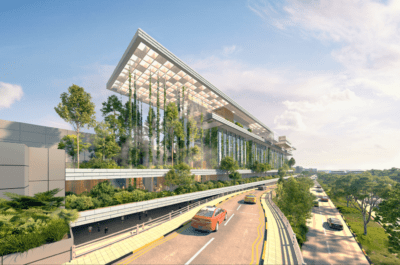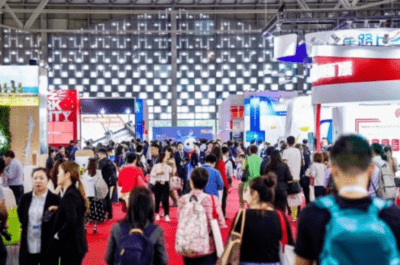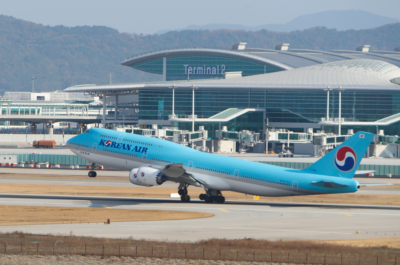The hotel market in Asia Pacific is seeing much stronger growth this year than last according to half year results from the HotelBenchmark Survey by Deloitte. Room revenue per available room (revPAR) across the region is…
The hotel market in Asia Pacific is seeing much stronger growth this year than last according to half year results from the HotelBenchmark Survey by Deloitte. Room revenue per available room (revPAR) across the region is up 14.1% to US$97 – outperforming the 9.4% growth achieved in 2006. Improvements have been driven by double-digit increases in average room rates, which now stand at US$137.
Asia Pacific continues to build on, and benefit from its position as the world’s second most visited region after Europe. For the first time last year, Asia’s volume of international tourism receipts equalised with the Americas. And the region is not stopping there. Latest figures from the World Tourism Organisation (UNWTO) show that it has seen the strongest growth in international tourist arrivals during the first four months of 2007 – clearly great news for hotel industry.
The key winners in 2007 have been Asia’s resort destinations. Bali has continued to recover despite fresh travel warnings and achieved the region’s highest revPAR growth at 58.6% in the first half of 2007. This marks an incredible turnaround for the resort island, which has struggled since the bomb attacks in 2002 and 2005. Improvements have been largely driven by a 37.6% occupancy rise, underlining returning public confidence – with direct foreign arrivals reaching an all time high in the first quarter.
Indonesia wasn’t alone in seeing the fortunes of its island resorts improving; Penang experienced revPAR growth of 18.4%, driven by rising average room rates. Meanwhile further up the coast in Thailand, Phuket is booming. Double-digit rises in both occupancy levels and average room rates have caused revPAR to swell by 39.6% to US$111 – considerably higher than its Indonesian and Malaysian rivals. This is largely due to the increased accessibility of the islands, as low-cost airlines connect these resorts to the region’s gateway cities.
This trend also allows developed resorts such as Phuket to take business tourism away from cities. Bangkok has struggled with this, while the uncertain political situation and the New Year bombings have also discouraged visitors. There have also been problems at Bangkok’s new Suvarnabhumi Airport with cracks on the runway which have restricted international flights. Occupancy in the Thai capital is down 7.8% compared to last year, curbing revPAR at US$82.
Rival cities are also benefiting; in Vietnam Ho Chi Minh City recorded 49.0% revPAR growth – the region’s second highest – while Hanoi grew 34.4%. A shortage of hotel rooms in Vietnam is also enabling hoteliers to drive up performance. Singapore and Manila also continued their impressive form, with strong revPAR rises driven by average room rates.
Much has been reported about China’s growth, but their heavyweight partner India is shining in 2007. With a limited supply of rooms and increased demand in the business travel sector, Mumbai saw the region’s third highest revPAR growth, an impressive 46.7% increase to US$197. This was again driven by soaring average room rates, which at US$253 are the highest in Asia.
China meanwhile is seeing huge developments in its hotel industry. New hotel openings in all sectors of the market have diluted occupancy levels and slowed performance growth. Shanghai, which will see its supply grow by over 6,000 rooms in 2007, has seen revPAR fall 1.2% to US$97 in the first half of 2007, although this remains on a par with the regional average.
Lorna Clarke, Executive Director of HotelBenchmark at Deloitte added: “The Asia Pacific hotel market continues to perform well with performance dominated by improvements in average room rates. The growth of low-cost airlines is making the region more accessible, allowing tourists to travel more easily to a wider range of destinations. Ten years on from the start of the East Asia’s financial crisis and regional economies are also performing well, match this with greater intra-regional business travel and you can see how hoteliers are able to continue to push average room rates upwards.”
Hotel performance of selected markets across Asia Pacific – year-to-June 2007

Source: HotelBenchmark™ Survey by Deloitte
Note: All analysis in US$.
